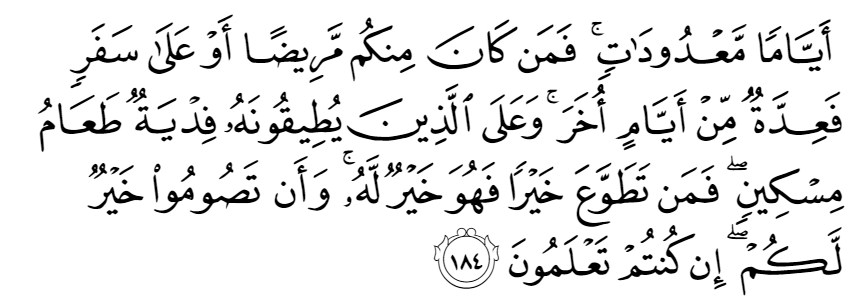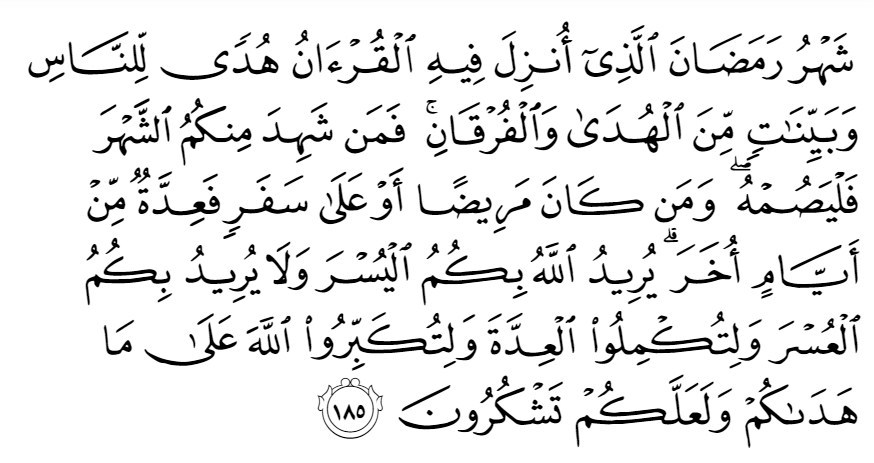Pillars of Islam are those essentials and fundamentals of Islam which are absolutely necessary to be accepted and followed by a person to called a Muslim. The most important obligation upon a Muslim is to learn about those things in which he has to believe and those which he has to practice.
These tenets or pillars of Islam are fundamental in order for a person to qualify as a Muslim. They are commonly shared by Muslims throughout the world and are as follows:
1. Imaan (Faith)
2. Salah or Namaz (Prayer)
3. Sawm (Fasting)
4. Zakat (Poor Due)
5. Hajj (Pilgrimage)
If one denies the obligatoriness of any of these pillars, he ceases to be a Muslim.
If a person forsakes them permanently, he too is considered as one dissociating himself from the group of Muslims.
In this post we are going to learn about the third pillar of Islam which is known as Sawm or Fasting in the monh of Ramadan.
Related: 5 favours of Allah on Muslims in Ramadan
Third Pillar of Islam – Sawm (Fasting)
The divine commandment for Fasting was revealed after the Hijrah (Emigration from Makkah to Madinah) when Muslims were set free from oppression, poverty and indigence that they had experienced at the hands of people of Makkah and started living in Madinah in ease and comfort.
Had the order for Fasting (Sawm) been given at Makkah, people might have related it to the Muslim’s resourcelessness and stringency during their stay there.
They could have developed a feeling that Fasting was for the poor, the indigent, the sufferer, and the oppressed and that the rich and the well-to-do, the owners of the gardens and lands were, perhaps, not the real addressees of this commandment.
The verses of the Quran which contain the order for Fasting as an obligatory duty for Muslims are as follows:

O you who believe, the fasts have been enjoined upon you as they were enjoined upon those before you, so that you may be God-fearing.

(Fasting is) for days few in number. However, should any one of you be sick or on a journey, then (he should fast) a number of other days (equal to the missed ones);
and those who have the strength, (still, they do not opt for fasting,) on them there is a fidyah (compensation), that is, the feeding of a poor person.
Then whoever does good voluntarily, that is better for him. However, that you fast is better for you, if you only knew.

The month of Ramadan is the one in which the Qur’ān was revealed as guidance for mankind, and as clear signs that show the right way and distinguish between right and wrong.
So those of you who witness the month must fast in it. But the one who is sick, or is on a journey (should fast) as much from other days (as he missed).
Allah intends (to provide) ease for you and does not intend (to create) hardship for you.
All this is so that you may complete the number (of fasts as prescribed) and proclaim the Takbīr of Allah for having guided you, and (so) that you may be grateful.
These verses, which announce the obligatoriness of Fasting (Sawm) for the first time, do not lay down dry laws concerning Fasting which may be noticed in the case of man-made laws existing, for example, between the citizens and the ruler of a state.
Islamic laws, instead, appeal to the belief and faith, reason and conscience, heart and soul at the same time and prepare Muslims to take the commandment for Fasting as a most welcome tenet of religion, not as a dictate of law.
This is, in fact, an undeniable miracle of the Quran’s principles of calling to the Truth and its ability to formulate prudent and psychologically sound laws.
Related: Prophet Muhammad’s Special Lecture before Ramadan
Objective of Fasting
The objective of Fasting is to discipline and reform the believers, not to put them to hardship.
Fasting, in fact, serves as a medium of moral training helping Muslims to rise to a level of moral and spiritual perfection where they learn to control their desires and deal as masters with them, not as slaves.
If they develop a moral strength to give up desirable things such as cool water and tasteful food from dawn to dusk to observe Fasting, will they not then try to stay away from things forbidden by Allah?
The following posts explain about the various aspects related to fasting in Ramadan. Interested reader can go through them for further information on third pillar of Islam.

